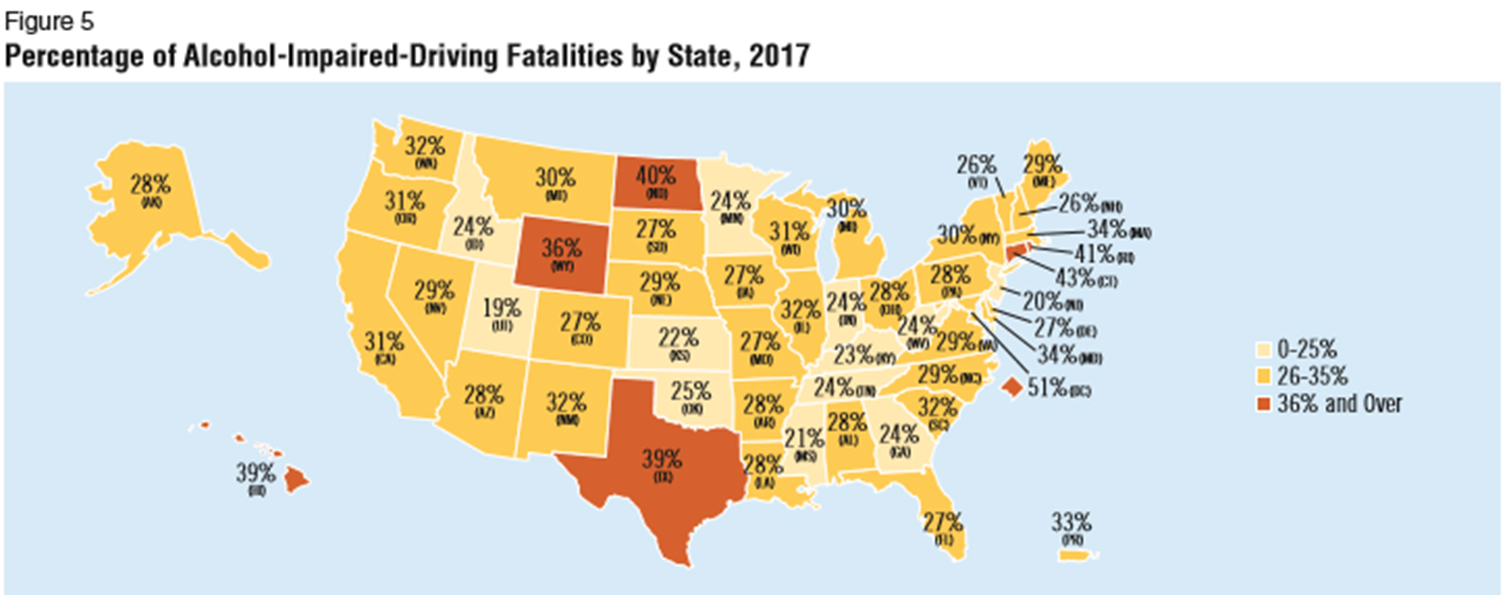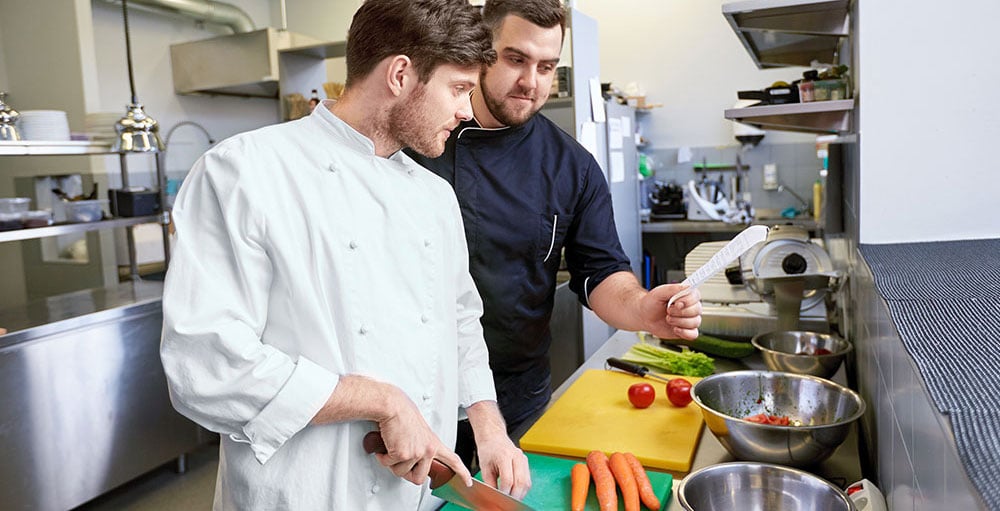Boost Your Job Opportunities: Why a Food Trainer Certificate Is a Must-Have in the Culinary Industry
In today's affordable cooking landscape, the importance of a food trainer certification can not be overstated. As restaurants and food solution facilities increasingly prioritize licensed team, professionals furnished with this qualification stand to obtain a considerable advantage.
Value of Food Safety
In the cooking industry, the value of food safety can not be overemphasized. Polluted food can lead to significant health and wellness concerns, including foodborne ailments, which can affect people and lead to substantial obligation for food establishments.
Food safety incorporates a series of procedures, consisting of appropriate food handling, storage space, food preparation, and offering strategies. Following these practices not only decreases the danger of contamination but additionally assists in abiding by regional health laws. Appropriate training in food safety enables cooking experts to recognize prospective hazards and implement safety nets successfully.
In addition, a solid dedication to food safety and security can improve the track record of a cooking establishment, cultivating client loyalty and business development. Consumers are progressively knowledgeable about food security problems, making it crucial for food handlers to show their adherence to finest methods. Ultimately, prioritizing food safety is not simply a regulatory demand; it is an essential element of supplying high quality food solution and protecting the wellness of clients.

Qualification Demands
Food safety methods are only as reliable as the people executing them, making certification an essential action for food trainers in the culinary market. To acquire a Food Trainer Certificate, candidates must commonly finish a training program that covers vital topics such as foodborne ailments, cleanliness, individual hygiene, and secure food handling strategies.
The majority of certification programs are designed to accommodate different finding out designs, offering choices for online, in-person, or hybrid formats. Individuals have to pass an evaluation to demonstrate their understanding of the material, with a minimum passing rating frequently set at 70%.
The duration of training can vary, with some programs requiring only a few hours, while others might expand over numerous days. After efficiently finishing the training course and examination, candidates receive their qualification, which is usually valid for three to 5 years, depending upon regional regulations.
Renewal commonly entails retaking the training course or finishing a refresher program to ensure that food trainers remain upgraded on the most recent practices and criteria. Conformity with these accreditation demands not just improves private understanding but additionally contributes to the total safety and quality of food service procedures.
Work Market Need
Just how has the task market for food handlers evolved in recent years? The need for food trainers has considerably increased, largely driven by the growing understanding of food security and health amongst consumers and governing bodies. With the increase of foodborne diseases, restaurants, providing solutions, and food production companies are focusing on the hiring of certified food trainers to guarantee conformity with health and wellness regulations. This change has brought about a heightened focus on food security training and accreditation as prerequisites for employment in the culinary market.
Furthermore, the increasing dining establishment sector, particularly with the appearance of food delivery solutions and food vehicles, has actually developed an abundance of job opportunities for food trainers. The demand for knowledgeable employees who can safely prepare and take care of food has come to be extremely important. servsafe food handler certificate. Additionally, as cooking companies take on extra stringent safety and security procedures, the value of a food trainer certification has actually climbed, making it an essential property for work applicants
As a result, individuals getting in the culinary workforce are locating that obtaining a food trainer certification not only enhances their employability yet likewise places them favorably in a competitive task market that increasingly focuses on food safety and security and hygiene requirements.
Benefits of Qualification
Getting a food handler certification offers various advantages that significantly enhance a professional's standing in the culinary sector. Firstly, it demonstrates a dedication to food security and health, which is paramount in protecting against foodborne ailments. This qualification equips people with vital knowledge pertaining to risk-free food taking care of methods, including correct storage space, cooking temperatures, and sanitation procedures
Furthermore, possessing a food trainer certification can improve an individual's employability. Lots of companies focus on prospects with this qualification, watching it as an indication of expertise and proficiency. This can bring about much better task possibilities and possibly greater wages, as certified individuals are typically handed over with higher duties.
Moreover, the accreditation cultivates a society of safety and security and responsibility within the office. It not just enhances a staff member's self-confidence in their skills yet also promotes a much safer atmosphere Click Here for customers and colleagues alike. Last but not least, maintaining a food handler certification can open doors to more academic and job development possibilities within the cooking area. Overall, this qualification is a strategic financial investment that profits both professionals and the facilities they offer, inevitably adding to a flourishing culinary industry.
Actions to Obtain Licensed
Obtaining a food handler certificate involves a straightforward process that can establish individuals on a path to enhanced occupation leads in the cooking industry. The primary step is to find an approved program or training copyright that provides food safety and security Get the facts courses. Several organizations offer both in-person and on-line options, allowing for flexibility in knowing.

After effectively passing the test, individuals will get their food handler certificate, which is usually valid for a specific period, typically 3 to 5 years. To preserve certification, it may be essential to finish correspondence course or retake the exam before the expiry day.
Last but not least, it is very important to confirm any type of regional or state-specific policies relating to food trainer click resources accreditation, as requirements can vary. By complying with these steps, people can acquire their certification and considerably enhance their employability in the competitive culinary landscape.

Final Thought
To conclude, obtaining a food trainer certification is important in the culinary sector, as it ensures adherence to food safety and security standards and improves employability. With the expanding need for licensed personnel, this credential not only opens doors to work opportunities but likewise adds to occupation development and increased gaining capacity. Eventually, a food handler certificate signifies a dedication to safety and expertise, fostering a society of accountability that benefits both workers and employers in the food solution sector.